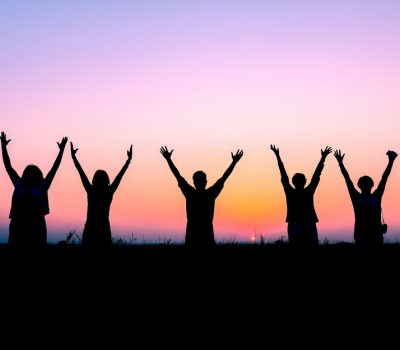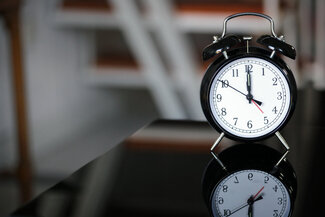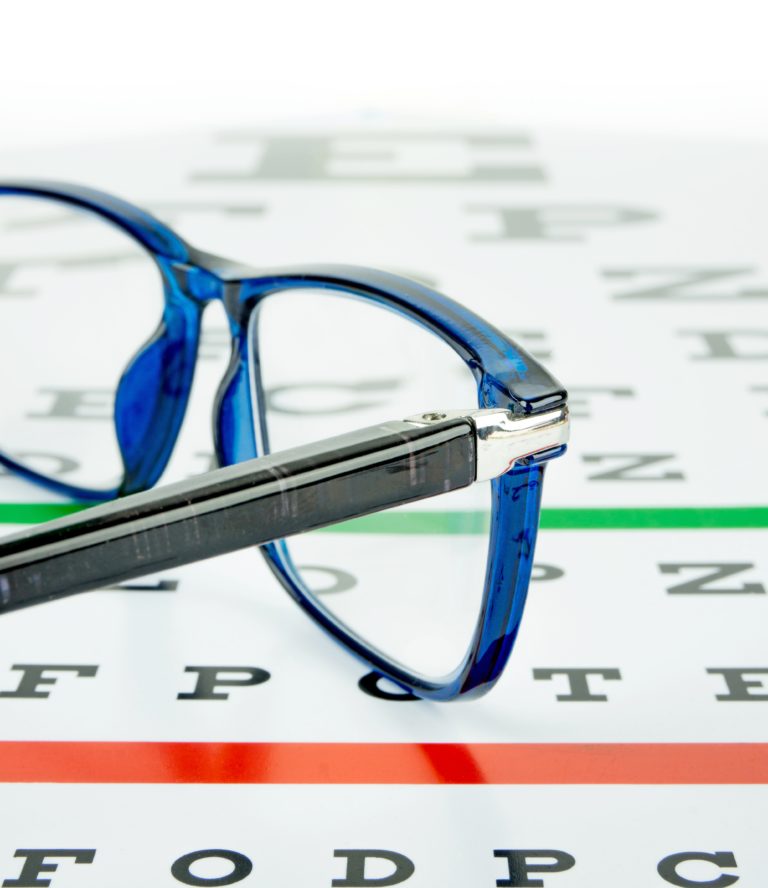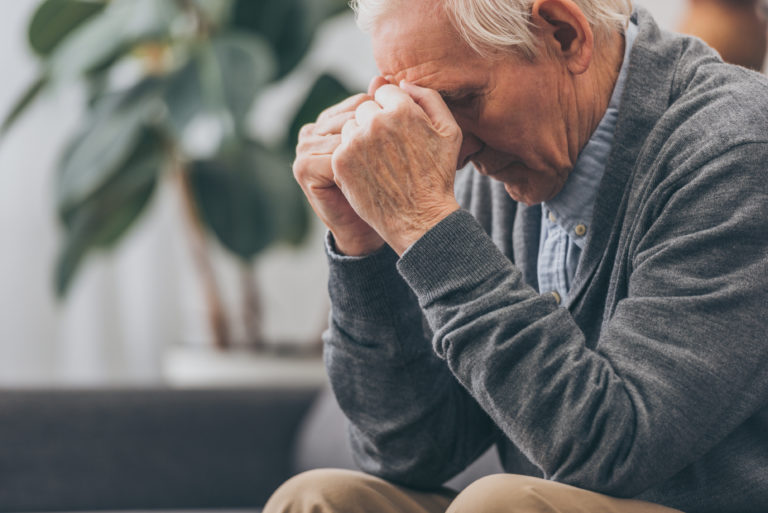It may or may not surprise you to know that the amount of sleep you’re getting and when you’re getting that sleep has a direct correlation to happiness. A recent study indicated that those who have later sleep schedules are more likely to experience clinical depression.
Those who conducted the research study found that our internal clocks play a huge role in how we feel. The study participants who claimed to be “morning people” had much lower markers of clinical depression in comparison to those who stay up later and sleep in. People who said they enjoy waking up early also had a higher level of well-being.
The study also showed that those who went to bed later and slept in showed more signs of anxiety, depression, and a lower feeling of well-being. Particularly shift workers who work outside of the hours of 7 AM and 6 PM had similar symptoms that are often associated with clinical depression.
While it has been no secret that people deemed as “night owls” tend to show higher signs of anxiety and depression, it is interesting to note that getting up early for work while still staying up later at night hinders performance. So, it is safe to say that our internal sleep clocks dictate our overall well-being mentally.
The study also prompted the need for even more research to further look into the issue. However, there is no denying that our sleep schedule directly impacts mental health. So, it is important to try to have a better sleep schedule to promote overall mental health. This would mean adjusting sleep schedules and in some instances work schedules to match our circadian rhythms. Researchers suggest that going to bed early and rising earlier can make us feel better so it is in everyone’s best interest to try.








